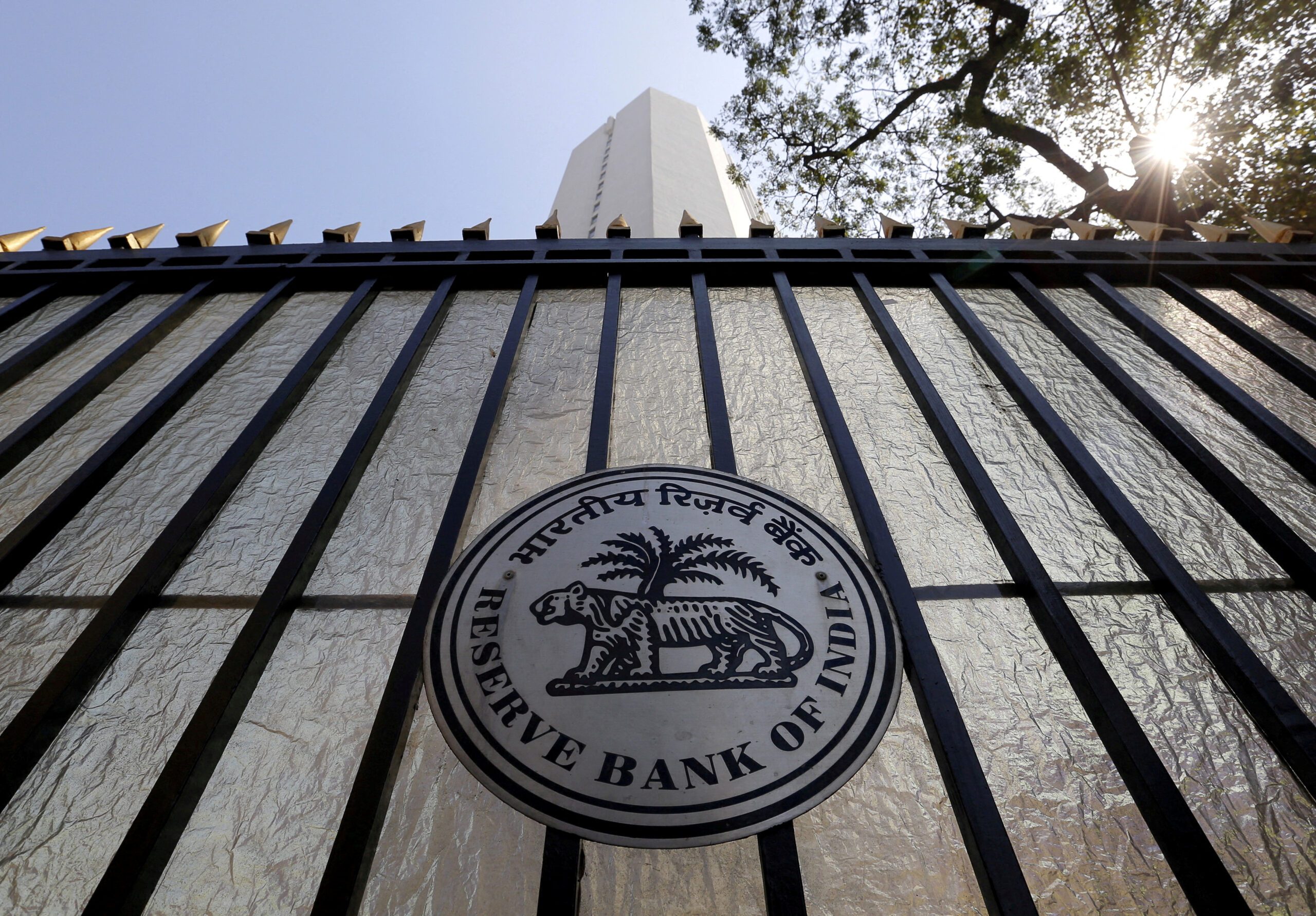TOKYO — The $20 billion buyout offer for Toshiba by U.K. investment firm CVC Capital Partners is another twist in the conflict between the Japanese industrial conglomerate and its activist shareholders — a battle that has Toshiba President and CEO Nobuaki Kurumatani at its heart.
Kurumatani’s reappointment as president is set to become the focus of the 2021 annual shareholders meeting, after he just barely held onto the position last year. In July 2020, only 57% of Toshiba shareholders voted for Kurumatani — who was previously the chairman of CVC Japan — to remain president.
Toshiba has a slate of activist shareholders who have been pressing for change at the company. In that context, some Toshiba executives see the CVC proposal, which would take the company off public markets, as a kind of “white knight” that could rid it of these challengers.
However, Toshiba works with technologies related to national defense and other sensitive fields, meaning the deal still faces significant hurdles, including government approval.
Toshiba has been struggling to regain its footing following an accounting fraud in 2015 and billions of dollars of losses incurred by its U.S. nuclear subsidiary.
Kurumatani, who came from Sumitomo Mitsui Banking Corp., became Toshiba’s chairman in April 2018, when the company was in the middle of restructuring. He later became president and led the effort to change the company’s business structure and profit model.
Hoping to secure more stable returns, the company shifted to providing maintenance and services for infrastructure facilities and power plants. Its operating profit for the fiscal year ended March 2020 was 130.4 billion yen ($1.2 billion), about 3.7 times higher than the previous fiscal year.
In late January 2021, the company returned to the first section of the Tokyo Stock Exchange after spending about three and a half years on the second section.
But during the recovery process, conflicts with shareholders became more acute. In December 2017, Toshiba executed a massive capital increase of about 600 billion yen to avoid being delisted for excessive debt. A number of activist investors took this opportunity to buy stakes in the company. Currently more than 20% of the company’s shareholders are considered activists, and several continue to butt heads with the company.
One point of contention is Toshiba’s capital policy. The company had previously said that it would implement structural reforms in existing businesses and execute only small-scale mergers and acquisitions in peripheral businesses.
But from fiscal 2020, shareholders felt the company was looking at more aggressive investments. “Shareholder feedback needs to be sufficiently reflected in the company’s management,” said one institutional investor.
Kurumatani has become the focal point for investors’ dissatisfaction. While 99% of shareholders voted for his reappointment at the annual meeting in June 2019, by July 2020 the number had plummeted to 57%. Prior to that meeting, a Toshiba subsidiary was found to have engaged in a series of fictitious transactions that inflated its sales.
Citing the need to strengthen corporate governance, Effissimo, a Singapore-based investment fund and Toshiba’s largest shareholder, proposed its own recommended directors.
That proposal was rejected at the 2020 general meeting, but at the end of the year, Effissimo and another shareholder demanded an extraordinary shareholders meeting. It was discovered that at the 2020 general meeting, some shareholders’ voting forms had been improperly invalidated by Sumitomo Mitsui Trust Bank, which administered the vote.
In its proposal, Effissimo asked for an investigation into whether the general meeting was held fairly. Effissimo’s proposal passed with about 58% support at the extraordinary meeting in March, underscoring the extent of the company’s conflict with shareholders.
At the same extraordinary meeting, Chinook Holdings, an affiliate of U.S. investment company Farallon Capital Management, proposed amending the company’s articles of incorporation so that any changes in capital policy would require shareholder approval — 39.33% of shareholders supported the proposal.
“39%. That’s the core of the anti-Kurumatani group,” said one shareholder opposed to the current president’s reappointment.
Because Toshiba is involved in the nuclear power business, foreign investment in the company is subject government scrutiny and a prior review will be carried out by the Finance Ministry and the Ministry of Energy, Trade and Industry.
It is also unclear how other shareholders will view the relationship between CVC and Kurumatani. In addition to Kurumatani’s past ties to CVC, Yoshiaki Fujimori, an outside director at Toshiba, is currently a top advisor at CVC Japan.
Kurumatani has already stepped down from his position at CVC, a move that several lawyers have said removes any potential problem with the proposed deal. Some legal experts, however, say suspicions of a conflict of interest are likely to linger.
Effissimo on Wednesday declined to comment on CVC’s proposal, which Kurumatani said will be discussed by Toshiba’s board.
Additional reporting by Francesca Regalado






